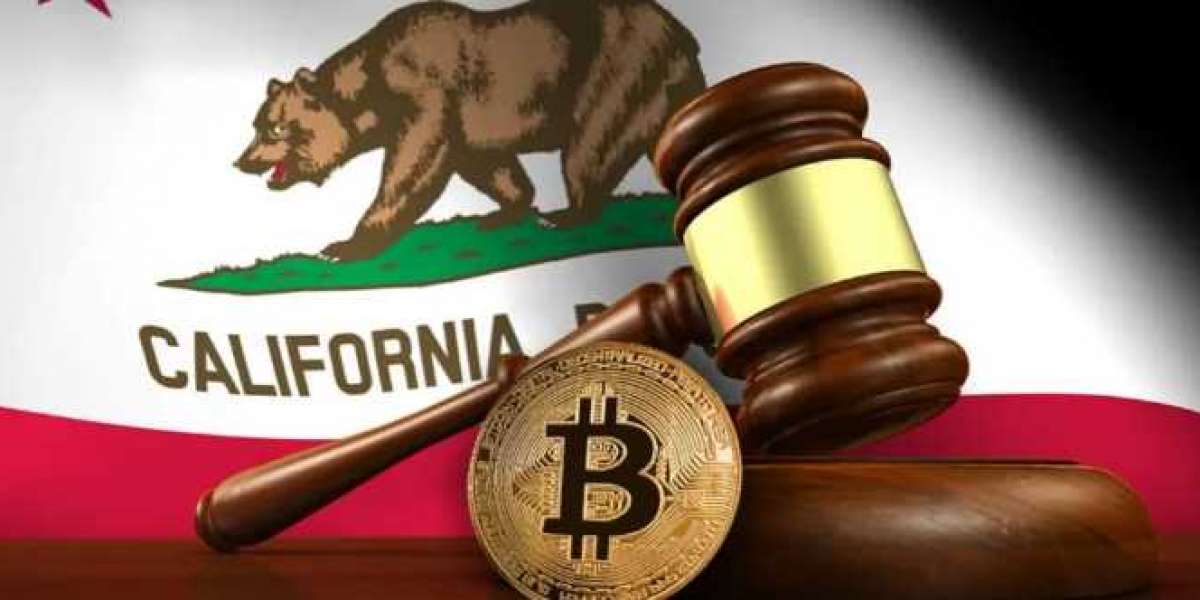services to customers located within the state of California. The crypto bill is nearing completion of its journey through the legislative process in California.
The State Of California Is Looking To Regulate Cryptocurrency
On Monday, a member of the California Assembly named Timothy Grayson drafted bill number AB 2269, which received support from the Consumer Federation of California and a majority vote of 71-0. The Digital Financial Assets Law will be established in California as a result of the crypto bill.
The Digital Financial Assets Law is often referred to as "BitLicense" in the state of California. In the state of California, the only thing that is required now is a single stroke of the pen. The law is currently in the hands of Governor Gavin Newsom, who can either sign it or reject it before the 30th of September. It is anticipated that California will take the lead among the states in mandating the acquisition of a specialized license prior to the provision of cryptocurrency platform services within the state
What Does This Bill Regarding Cryptocurrency Say?
Crypto rules will become more stringent as a result of the new law, and the cryptocurrency market in California will benefit from increased openness. If the governor decides to sign the measure, the implementation date is set for the first of January 2025. The state's Department of Financial Protection and Innovation will review and approve license applications submitted by companies operating digital asset exchanges.
Additionally, the Department will have the authority to take severe sanctions against individuals who do not possess valid licenses. A non-licensed corporation that engages in economic activity involving digital financial assets may be subject to a daily civil penalty of up to one hundred thousand dollars. In addition, a licensee who breaks the rule will be required to pay a fine of $200,000 for each day that they are in violation of the rule.
Stablecoin issuers that hold securities as a reserve are required to hold a total number of stablecoins that is equal to or greater than the total amount of outstanding stablecoins that have been sold or issued in the United States.
According to what Tim Grayson had to say about the subject, "While the novelty of cryptocurrency is a large part of what makes investing exciting, the fact that cryptocurrency businesses are not adequately regulated and do not have to follow many of the same rules that apply to everyone else makes it riskier for consumers."




Alphonsus Odumu 5 w
California crypto news